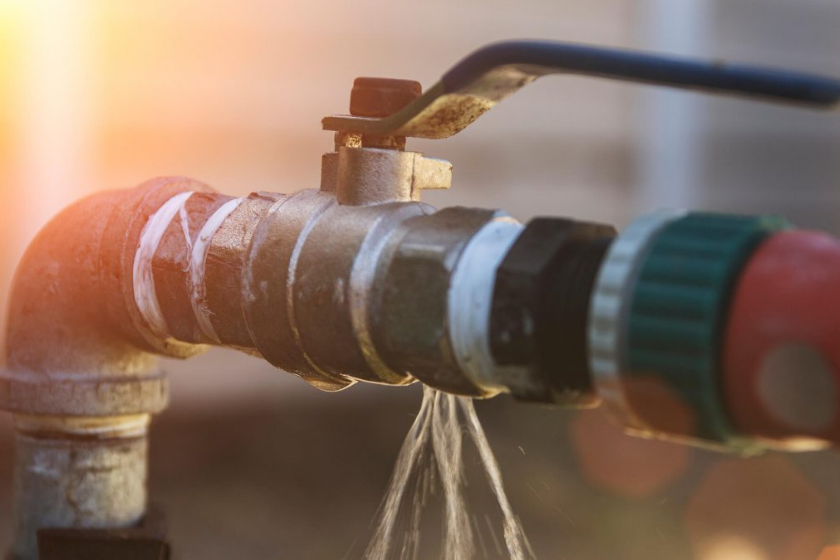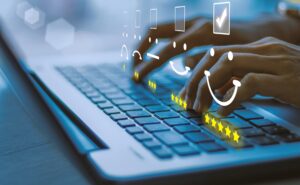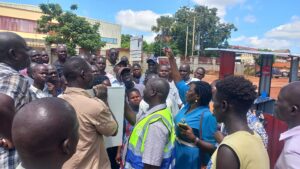
The Manager’s Non-Revenue Water Handbook stipulates that commercial losses in the water sector have been highlighted as a pressing issue for utilities. Non-Revenue Water, also known as apparent losses, occurs when water consumption goes unrecorded or unpaid. They stem from a variety of factors, including meter inaccuracies, unauthorized consumption, and meter tampering.
It goes without saying that Water Meters play a significant role in the management of water consumption, serving as vital tools for utilities to measure usage and manage revenue. However, when not properly managed, they can provide inaccurate readings, posing significant challenges for both utilities and consumers. The accuracy of these meters is influenced by factors such as size, installation, age, pressure dynamics, and flow rates.
Different sizes of water meters are available to accommodate varying flow rates, each with its advantages and limitations. Which begs the argument that proper sizing is essential to ensure accurate measurement of water consumption. Additionally, correct installation angles are crucial, as meters positioned incorrectly may experience distorted flow patterns, compromising measurement accuracy.
Worth noting is the fact that the accumulation of particles like sediment and debris within water meters can also impede meter functionality, leading to inaccurate readings. Even the most advanced meters can be vulnerable to inaccuracies if not managed correctly, with issues like particle buildup or incorrect sizing which simply worsen the problem.
Not forgetting the aspect of “meter age”. As meters age, they are prone to inaccuracies and decreased performance, leading to undetected leaks, unauthorized consumption, and unaccounted-for water loss. So, upgrading or replacing aging meters is paramount.
Therefore, it is vital to pay attention to installation precision, particle buildup prevention, correct sizing, rehabilitation/maintenance, and pressure flow to enhance the accuracy of water meters. Ensuring accurate meter readings not only promotes fairness in billing but also contributes to the financial sustainability of utilities, benefiting the entire community.


